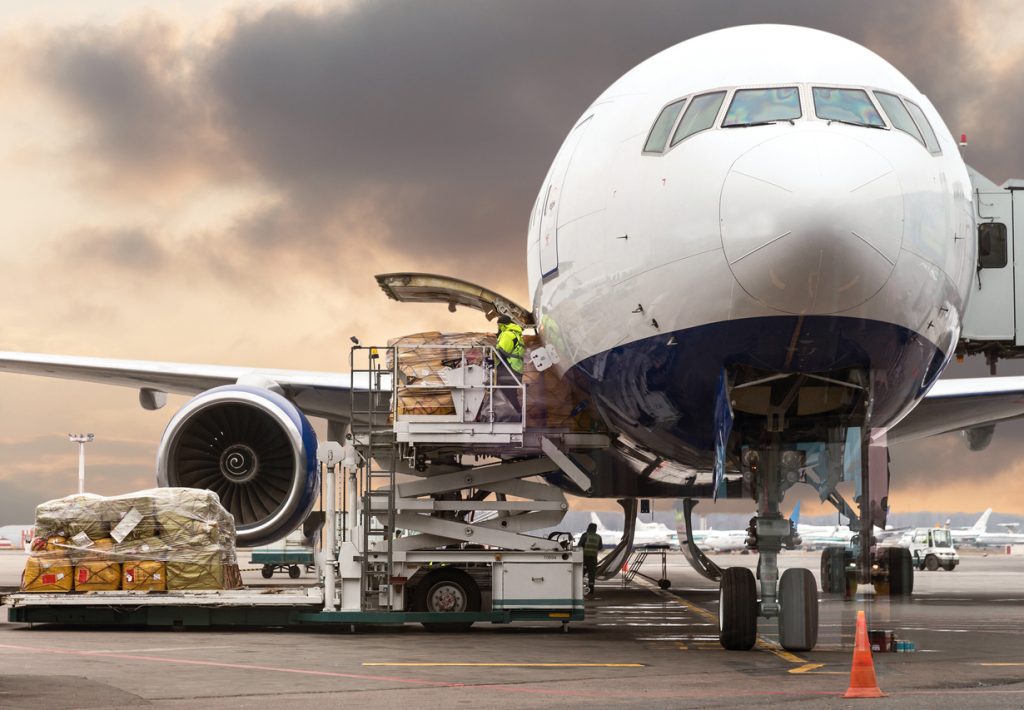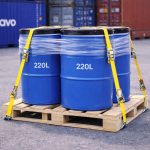1. What Is International Air Cargo?
International air cargo refers to the shipment of goods via air transport from one country to another. For Nigeria, it connects global markets to key Nigerian airports through both commercial airlines and dedicated cargo carriers.
This service is essential for fast delivery of goods such as electronics, pharmaceuticals, fashion, automotive parts, and personal effects.
2. Major Air Cargo Entry Points in Nigeria
The primary air cargo destinations in Nigeria are:
- Murtala Muhammed International Airport (LOS), Lagos
- Nnamdi Azikiwe International Airport (ABV), Abuja
- Port Harcourt International Airport (PHC) (for select shipments)
These hubs handle customs clearance, inspection, and final distribution across the country.
3. Common International Origins
International air cargo arrives in Nigeria daily from:
- China – Industrial machinery, textiles, electronics
- United States – Technology, tools, medical supplies
- United Kingdom – Automotive parts, fashion, personal goods
- Germany, Turkey, and India – Chemicals, manufacturing equipment, consumer goods
- United Arab Emirates – Luxury items, cosmetics, gadgets
4. Estimated Delivery Timeframes
| Route Type | Estimated Delivery Time |
|---|---|
| Express (e.g., FedEx, DHL) | 2–4 business days |
| Standard Air Freight | 5–8 business days |
| Consolidated Cargo | 7–12 business days |
Delays may occur due to customs clearance, flight availability, or incomplete documentation.
5. Pricing Overview
Air cargo rates depend on the origin, weight, volume, urgency, and service level:
- Small parcels (under 50 kg): $5–$10 per kg
- Mid-size shipments (100–500 kg): $4.50–$6.50 per kg
- Bulk cargo (over 1,000 kg): $3.50–$5.50 per kg
Rates may vary during peak periods such as holidays or back-to-school seasons.
6. Required Shipping Documents
To ensure smooth international cargo delivery to Nigeria, shippers must provide:
- Air Waybill (AWB)
- Commercial Invoice
- Packing List
- Certificate of Origin (when required)
- Import Permit or Form M (for regulated goods)
- Pre-Arrival Assessment Report (PAAR)
- Receiver’s ID or Corporate Tax Number
Proper documentation avoids delays, fines, or cargo seizure during clearance.
7. Why Choose Air Cargo Over Sea Freight?
| Criteria | Air Cargo | Sea Freight |
|---|---|---|
| Speed | 2–10 days | 30–60 days |
| Cost | Higher per kg | Lower per container |
| Risk | Lower chance of damage | More handling risks |
| Ideal for | High-value, time-sensitive | Bulk or low-cost commodities |
Air cargo is preferred for goods that need fast delivery or have high per-unit value.
8. Final Delivery and Logistics
After cargo lands in Nigeria:
- Customs clearance is handled by licensed agents or freight forwarders
- Inspection, duty assessment, and documentation validation occur
- Once cleared, cargo is released for pickup or local delivery within Nigeria
- Tracking is usually available via the carrier or logistics partner
✅ Final Takeaway
International air cargo to Nigeria is the most efficient way to move goods quickly and safely from global suppliers to Nigerian markets. Whether you’re shipping business inventory, medical supplies, or personal items, air freight provides unmatched speed and reliability.
Travo.ng connects you with trusted freight forwarders, offers customs support, and arranges fast final delivery to any Nigerian location.







